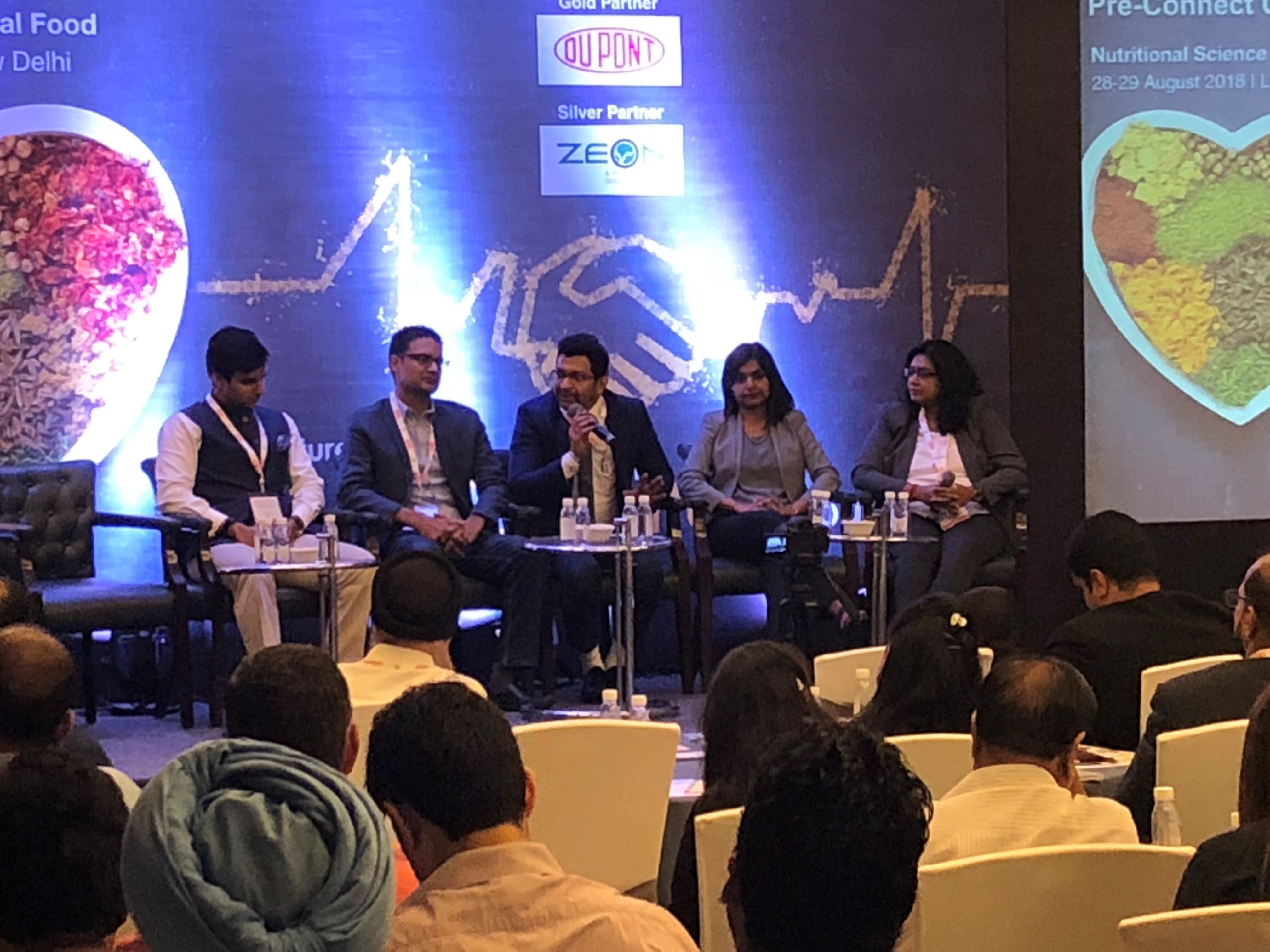‘Full-blown food crisis’: Philippines president denies rice shortage amidst calls for state of calamity
Philippines president Rodrigo Duterte has denied that there is any rice shortage in the country despite senators calling it a ‘full-blown food crisis’ and urging him to declare a state of calamity.
This was despite the country having to import 500,000 metric tons worth of rice earlier this year to deal with rising prices due to low supply.
“They [keep] saying there is rice shortage. We have lots of rice. Some of them are set to arrive. Now there’s even an excess,” said Duterte.
“You know, those are politics. But I would like to remind you that I won because of the vote of the Filipino.”
A lack of supply also forced the Zamboanga City local government to declare a ‘state of calamity’ after rice prices soared to US$ 1.31 (PHP 70 per kilo).
Coconut oil ‘poison’ row: Indian government fires back over Harvard professor’s allegations
The Indian agricultural ministry has lashed out with a strongly-worded letter against claims by a Harvard professor who declared coconut oil to be ‘pure poison’.
India Horticulture Commissioner Dr B.N. Srinivasa Murthy called on Harvard to have the statement retracted, claiming that Prof Karin Michels statements were “controversial”, “unsubstantiated” and “inconsiderate”.
The letter was addressed to Dr Michelle Williams the Dean of the Harvard T. H. Chan School of Public Health.
FoodNavigator-Asia has seen the letter, in which Dr Murthy counters Professor Michels’ claims of there being no study showing significant health benefits to coconut oil consumption.
“Mere Googling pulled out [over 19 million] general results and [over 400,000] scholarly articles indicating the benefits of using coconut oil,” wrote Dr Murthy in the letter.
'Nuclear food referendum': Taiwan's softening of Fukushima ban under threat amid ballot calls
Japan's hopes that the Taiwan government will lift the current ban on foods from Fukushima and surrounding areas has hit another hurdle after Kuomintang, the largest opposition party in Taiwan, submitted a referendum request on what has been dubbed 'anti-nuclear food'.
So far, this ‘anti-nuclear food’ referendum suggestion has not been officially accepted by the Taiwanese government. However, the party claims to have successfully collected over 470,000 signatures in support of it.
As only 280,000 signatures are required to legally hold a referendum, this places substantial pressure on the government. If the turnout reaches the required 25%, its results will be considered legal.
Nestlé claims Australia’s Modern Slavery Bill is flawed and will cost customers in the end
A new anti-slavery bill requiring Australia’s biggest companies to address modern slavery in their supply chains could cost customers, says Nestlé.
The Australian government’s Modern Slavery Bill will require Australia’s largest businesses, with annual consolidated revenue of more than $100m (US$71m), to publish annual statements on the steps they are taking to address modern slavery in their supply chains and operations.
Nestlé has warned customers could face additional costs if Australia requires companies to report on modern slavery risks.
'Sugar-free' booze: Australia and NZ regulator to review rules amid 'misleading' claims
Food Standards Australia and New Zealand (FSANZ) is to embark on a year-long review of the rules governing sugar claims in relation to alcoholic drinks, amid ministerial concerns of misleading messaging to consumers.
The Australia and New Zealand Ministerial Forum on Food Regulation discussed sugar claims in relation to alcoholic beverages first discussed the issue last November.
Forum ministers said they were aware of an increasing number of alcoholic drinks for sale in Australia and New Zealand with the claim they are ‘% sugar-free’.
It also stated that ministers were concerned that these claims were misleading, and that alcohol was being promoted as a healthier choice for consumers when public health advice is to limit alcohol intake.




